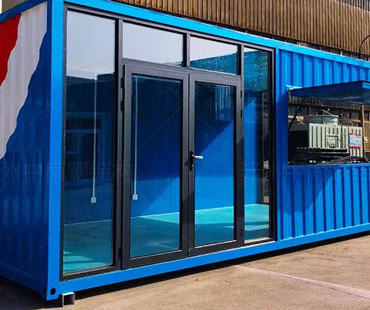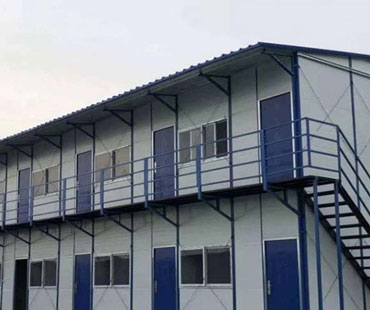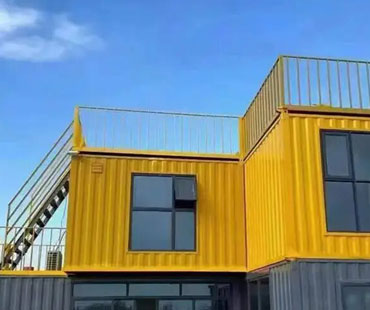In today’s globalized economy, the movement of goods across borders has become an integral part of daily life. Containers, the ubiquitous metal boxes that transport everything from electronics to food, play a vital role in this complex supply chain. Understanding their significance helps to appreciate how modern logistics operate and the efficiencies that containers bring to the global marketplace.
Containerization revolutionized the shipping industry, beginning in the mid-20th century. Before containers, goods were loaded and unloaded individually, which was time-consuming and labor-intensive. The introduction of standardized containers streamlined this process, allowing for more efficient loading and unloading at ports. This evolution has drastically reduced shipping times and costs, making international trade more accessible to businesses of all sizes.
Ports serve as crucial hubs in the supply chain, where containers are transferred between ships, trucks, and trains. They are equipped with specialized cranes and handling equipment designed to efficiently move containers in and out of storage. The efficiency and technology of a port can significantly impact the entire supply chain. For instance, a well-optimized port can reduce waiting times for ships, leading to faster delivery of goods to consumers.
Moreover, the rise of mega-ships, capable of carrying thousands of containers, has necessitated advancements in port infrastructure. Ports must continually adapt to accommodate larger vessels and increased cargo volumes, which often requires significant investment in technology and facilities.
Once containers leave the port, they embark on a complex journey to reach the final consumer. This journey often involves multiple transportation modes, including trucks, rail, and sometimes air freight. Each mode of transport has its own set of challenges and requires careful coordination to ensure timely delivery.
The use of containers simplifies this process. Their standardized sizes and shapes allow for easy stacking and handling, whether on a ship, a truck, or a train. This adaptability not only maximizes space but also enhances security, as containers can be sealed and monitored throughout their journey.

Containers contribute to supply chain efficiency in several ways:
1.Standardization: The standardization of container sizes means that they can be easily loaded onto different modes of transportation without the need for repacking. This reduces handling times and minimizes the risk of damage.
2.Tracking and Transparency: Modern containers are often equipped with tracking technology, allowing companies to monitor their shipments in real-time. This transparency improves inventory management and enables better decision-making throughout the supply chain.
3.Cost Reduction: By facilitating faster loading and unloading, containers help reduce overall shipping costs. The ability to move goods more efficiently allows businesses to offer competitive pricing to consumers.
4.Flexibility: The use of containers provides flexibility in global trade. They can be used for various types of cargo, from perishable goods that require refrigeration to bulk materials, making them versatile for different industries.
Despite their advantages, container logistics is not without challenges. Congestion at ports, labor shortages, and disruptions such as those seen during the COVID-19 pandemic can lead to delays and increased costs. Furthermore, global supply chain issues, such as geopolitical tensions and trade disputes, can affect the availability and pricing of containers.
Additionally, there is a growing need for sustainable logistics solutions. As environmental concerns rise, the shipping industry, including container transportation, faces pressure to reduce its carbon footprint. Innovations in container design, such as eco-friendly materials and more efficient transportation methods, are being explored to address these challenges.
Containers are more than just metal boxes; they are the backbone of the global supply chain, facilitating the movement of goods from ports to consumers around the world. Their impact on efficiency, cost reduction, and adaptability cannot be overstated. As the logistics landscape continues to evolve, the role of containers will remain crucial in shaping the future of global trade. Embracing technological advancements and sustainable practices will ensure that containers continue to meet the demands of a rapidly changing marketplace, keeping the world connected and commerce flowing.


